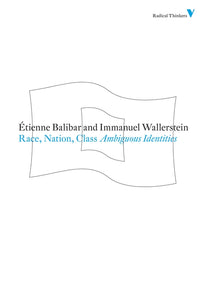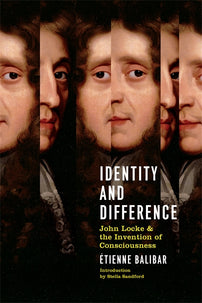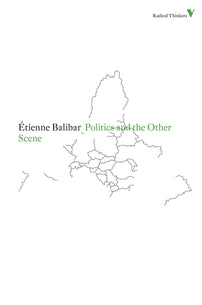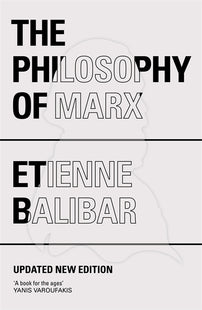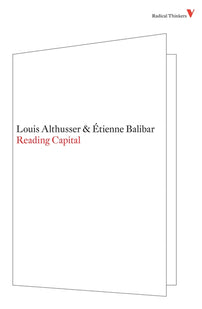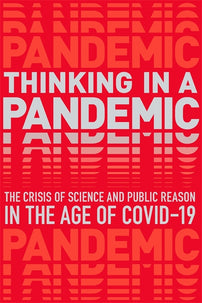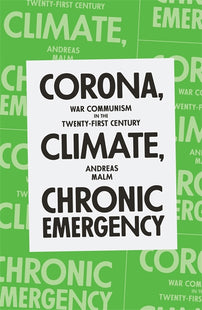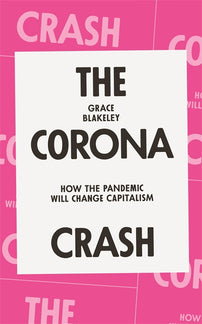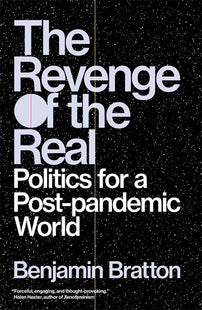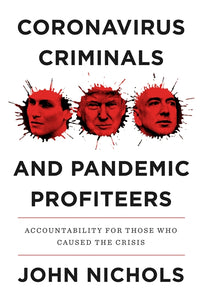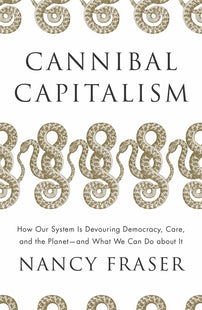Étienne Balibar: ‘We are not equal in terms of either the risk or the measures taken against it.’
The COVID-19 pandemic is forcing the state to remake itself through, among other things, monetary police and public services. In this important interview, Etienne Balibar reflects on democracy, revolution, and neoliberal capitalism in the Coronavirus era.

NB: This interview was originally published in Le Monde on 22 April 2020
Despite being among the French intellectuals most commented abroad, Étienne Balibar (born 1942) is distinguished by a calm humility. The first two volumes of his complete works, Histoire interminable and Passions du concept, are evidence of this. We find not only an impressive variety of questions (on the universal, borders, racism, violence...), but also the generosity of a philosopher who has always conceived reflection as a frank dialogue with his contemporaries around the world. At a time of global crisis, an interview with this philosopher without borders.
How does a person like you, deeply imbued with Marxist political culture, cope with the current pandemic? Is the social question driven out by the viral question?
This is a nice alternative, almost a subject for the baccalauréat! For me, the most striking thing about the ‘viral question’ is, of course, the suffering it has brought, but also the urgency it gives to the problem of immunity, which bridges all national and social barriers.
But there is another overlap: the differential vulnerability of our societies to the pandemic. We are not equal in terms of either the risk or the measures taken to prevent it. Dramatically heightened inequalities are transformed into anthropological differences, that is to say, cleavages within the human species.
Among the loss of reference points brought about by this pandemic is the feeling that you evoke in the first volume of your Écrits: history is not finished, it continues, but is stifling politics.
Even if politics in the strong sense of the term no longer existed, time would still pass... But our conception of time is changing. With the idea of the anthropocene and the devastation it heralds, we are becoming aware that historical time and geological time are not separate. In the nineteenth and twentieth centuries, climate and biology were seen by economists as ‘externalities’. If we want to retain something of the fusion of history and politics, then history must become biopolitics and cosmopolitics.
But let’s talk like Machiavelli. In the crisis that has just begun, those ‘above’ cannot just manage, they have to make at least perceptible breaks in their strategies and discourse.
As for those ‘below’, i.e. the governed in general, their capacity for action seems momentarily reduced to mood reactions. However, this will be less and less the case as the health crisis turns into an economic and social crisis and a conflict of values. And it is the form taken by the dialectic of above and below that will determine the fate of democracy as a civilisation and a collective resource.
[book-strip index="1" style="display"]You call it ‘biopolitics’. The philosopher Jacques Derrida used the medical term ‘autoimmunity’ to describe a body that destroys itself by directing its defences against itself.
Derrida used this notion in connection with the way the American government reacted to the attacks of 11 September 2001, by instituting a kind of law of the suspect that directly appealed to the imaginary notion of the body defending itself against infectious agents. In my view, what he meant was not that democracy as such tends towards self-destruction – a fairly widespread idea among its opponents – but that certain security procedures are lethal to it.
For my part, I would say that one of the features of democracy is the awareness that any strategy of collective protection, whether it is a question of closing borders, confinement, or tracing ‘populations at risk’, is never harmless. The way in which a society sees itself ‘at war’, even against a virus, is a matter of democracy.
The health disaster also seems to be stifling prospects for emancipation. ‘Today it is easier to imagine the end of the world than the end of capitalism,’ wrote the American theorist Fredric Jameson. What does this mean?
The most important word here is ‘imagine’, because it connotes both an urgency and an intrinsic difficulty. Imagining the end of capitalism is the motor of revolutionary hopes. We have always imagined this not as the ‘end of the world’, a great religious theme full of fear and promise, but as the ‘end’ of the present world, that of relations of domination.
Now the environmental disaster, to which the pandemic is now added, opens up a third perspective, tragic in many ways; but tragic does not mean fatal, it is the conflict of necessity and obstinacy, Albert Camus’s Sisyphus.
Walter Benjamin, an author whom you often cite, wrote: ‘The catastrophe is that things continue as before’. Does this theme of ‘never again’, which structured the revolutionary dream, now haunt our health nightmares?
What I want to say today is that we can be certain of one thing: history will not continue as before. But this mutation is only foreseeable in its generality, we are unaware of its content. Above all, we must expect it to offer mutually incompatible alternatives, antithetical systems of government and human values. We must hope that this conflict is resolved in a civil manner, by democratic means, and not by dictatorship or the unleashing of brutality, which would bring us back to the same catastrophe.
Indeed, isn’t one of the threats hanging over the present moment the triumph of what you call a ‘politics of cruelty’?
In the wake of other writers, I have described Machiavelli’s idea of a ‘princely’ action, which includes the spectacle of cruelty. I raised the question of the tragic dimension that comes to light when we understand that, for Machiavelli himself, this politics is not entirely controllable. At least he was acutely aware of this, which is not the case with all the ‘Machiavellians’ small and large for whom the extremity of violence is the mainspring of domination and power.
But we are talking here about a deliberate cruelty, instrumentalised and rationalised. That is not exactly what we mean when we say that today’s situation is terribly cruel. Cruel for those who die and for their relatives, neighbours and friends. Even more cruel for all ‘disposable’ people, those whose death, dare I say it, is preferred.
Behind this anonymous cruelty there are surely practices of government, choices or lack of choices that in some cases we may be tempted to call ‘criminal’, at least by omission or default. But the background of cruelty against which all political problems stand out today, and the feelings of despair and revolt this arouses, indicate a system rather than a politics. Let us say it is a system that translates into politics. This system is neoliberal capitalism, whose rule is not only to exploit labour and maximise profits, but to calculate financially, turn to profit and commodify all human activities, even the most intimate ones, to the detriment of care, mutual aid and ultimately life.
[book-strip index="2" style="display"]You stress that neoliberal capitalism is not less ‘nationalised’ than its predecessors but far more so. Does the current crisis make it possible to verify this?
The more the crisis advances, the more I tell myself that the question of the state is central. It needs to be reworked in the light of the experiences we are living through.
Nowhere in the world can the capitalist economy do without state intervention: financial, repressive, regulatory, reparative or adaptive. This is all the more the case because neoliberalism is not a capitalism that can live on its own logic. In our country, at least, it is a capitalism that ‘privatises’ and ‘turns to profit’ a social economy inherited from the twentieth century. So, when we hear today about a ‘return’ of the state, this means, above all, that the other side of neoliberal capitalism is emerging, against its own ideology.
But what happens next is fraught with conflict. The state that is now making its return is the budgetary and monetary state, it is the state of public services, as well as the guarantor of their adjustment to social demand. It is dirigiste, paternalistic, potentially authoritarian, possibly discriminatory even if this is difficult in a country with a republican tradition. But the notion of public services cannot be confined within these vertical logics, increasingly less so. In terms of the need currently experienced in terms of not only health but also national education (which once again serves as a buffer against all social exclusion), these services include a dimension of participation, even abnegation, civic responsibility and common awareness that the state cannot claim to appropriate.
Resistance to neoliberalism will take root on this terrain. It will therefore not be abstractly and verbally ‘anti-state’, but will project a certain mode of governance and relationship with the state against others.
‘Maybe never, Maybe tomorrow! But not today, that’s for sure!’ as Carmen sings in the opera. Does this apply to your hopes for the future?
You speak to me of Spain as fantasised by French opera, and I will answer you with the song of resistance that is Verdi’s Nabucco. I’m listening to it a lot at the moment, on the eve of the Liberation Day that the entire Italian left is preparing to celebrate with a virtual demonstration on 25 April [2020], which I’ll try to join in: ‘Va, pensiero...’ [‘Go, thoughts, on golden wings’].
Translated by David Fernbach
